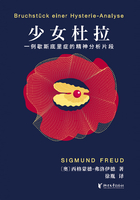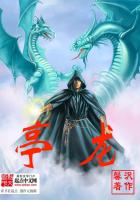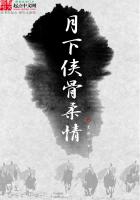Then he resolved to escape from Washington that night. He had picked up by casual talk and observation together a fair knowledge of Washington's defenses. Above all he had learned that the North was pouring troops in an unbroken stream into the capital, and that the great advance on the line of Bull Run would take place very soon. He could scarcely expect to achieve more; he had already surpassed his hopes, and it was surely time to go.
He left the restaurant. The streets were still crowded, and he saw standing at the nearest corner a figure that seemed familiar. He took a long look, and then he was shaken with alarm. It was Shepard. He had seen him under such tense conditions that he could never forget the man.
The turn of his shoulders, the movement of his head--all were familiar.
And Harry had a great respect for the keenness and intelligence of Shepard. He could not forget how Shepard had talked to him that night in Montgomery. There was something uncanny about the man, and he had a sudden conviction that Shepard had seen him long since and was watching him. He thrust his hands into his capacious pockets. The pistols were still there, and he resolved that he would use them if need be.
He went at first toward the Potomac, and he did not look back for a long time, rambling about the streets in a manner apparently aimless.
Now and then a quiver ran down his back, and he knew it was due to the mental fear that Shepard was pursuing. When he did look back at last he did not see him, and he felt immediate elation. It would not be long now until dark, and then he would make his escape across the river.
Time was slow, but it could not keep darkness back forever, and, as soon as it had come fully, he turned toward the north. Southern troops would not be looked for there, and egress would be easier in that direction.
He passed on without interruption and soon was in the suburbs, which were then so shabby. Then he looked back, and cold fear plucked at the roots of his hair. A man was following him, and he could tell even in the dim light that it was Shepard.
A shudder shook him now. A rope was the fate for a spy. But he recovered himself and walked on faster than ever. The cabins thinned away, and he saw before him bushes. His keen hearing brought to him the soft sound of the pursuing footsteps. Now he took his resolution.
There were few games at which two could not play.
He passed between two bushes, came around and returned to the open.
But he returned with one of the pistols cocked and levelled, his finger on the trigger. Shepard, pursuing swiftly, walked almost against the muzzle, and Harry laughed softly.
"Well, Mr. Shepard," he said, "you've followed me well, but as I've no mind to be hung for a spy or anything else, I must ask you to go back.""You have the advantage at present, it is true," said Shepard, "but what makes you think I was going to shoot at you or have you seized?""Isn't it what one would naturally expect?"
"Yes--perhaps. But I could have given the alarm while you were still in the city. I speak the truth when I say I do not know just what I had in mind. But at all events the tables are turned. You hold me at the pistol's muzzle and I admit it."He smiled and the boy could not keep from liking him.
"Mr. Shepard," said Harry, "what you told me at Montgomery was true.
We of the South did not realize the numbers, power and spirit of the North. I know now the truth of what you told me, but, on the other hand, you of the North do not realize the fire, courage and devotion of the South.""I understand it, but I'm afraid that not many of our people do so.
Suppose we call it quits once more. Let this be Montgomery over again.
You do not want to shoot me here any more than I wanted to shoot you down there.""I admit that also," said Harry.
"Then you are safe from me, if I'm safe from you.""Agreed," said Harry, as he lowered the weapon.
"Good-bye," said Shepard.
"Good-bye."
But they did not offer to shake hands. Each turned his back on the other, and, when Harry stopped in the bushes, he saw only the dim outlines of Washington. At midnight he found a colored man who, for pay, rowed him across the Potomac. At dawn he found his horse peacefully grazing in the meadow, and at the next dawn he was once more within the southern lines.















